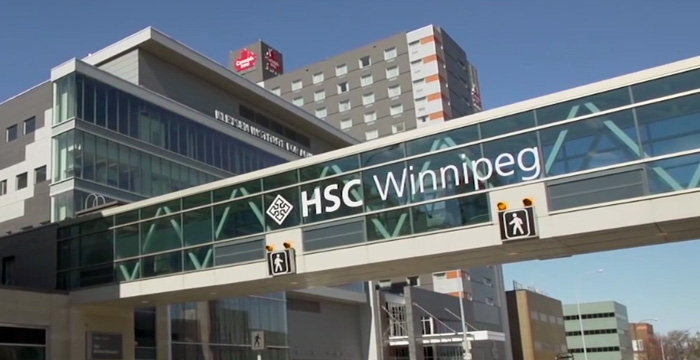As the province lifts public health restrictions, health-care staff are being returned to their regular duties to support planned increases to surgical activity that will bring capacity back to pre-pandemic levels.
“Our government is focused on ensuring our health-care system has the resources needed to balance the day-to-day pressures in critical care with our need to fully restore capacity for services that have been impacted by COVID-19, such as elective and non-urgent surgeries,” said Health Minister Audrey Gordon. “On behalf of all Manitobans, we thank the dedicated health-care workers who have stepped forward in response to every request for help over the past two years.”
The COVID-19 Health System Recovery Plan, developed with the input of clinical and health system leaders from across the health system, reflects the continued operational priority of COVID-19 across all areas of the health system as services return to more normal pre-pandemic levels of operation.
The plan relies on the return of staff who have been redeployed and reassigned to support the care of patients with COVID-19, a majority of which came from surgical units. All but 235 staff have been returned to their regular duties as of March 10, which marks a 57 per cent improvement from only five weeks ago, noted Gordon, and surgical capacity is anticipated to return to pre-pandemic levels within the next month as more staff return to their regular duties.
To support critical COVID-19 services, contingencies are in place to ensure system-wide capacity exists to respond should a surge in demand occur including:
- increasing Manitoba’s adult critical care capacity from 92 beds (72 intensive care unit beds and 20 cardiac ICU beds) to 110 beds (87 ICU beds and 23 cardiac ICU beds);
- planning for the addition of overcapacity and flex medicine beds to reduce congestion across the health system and better support the timely transfer of patients from ICU to medical units to help preserve critical-care capacity; and
- support for Manitobans experiencing long-term effects of COVID-19 through the creation of a provincial long COVID working group, established as a centralized source for the co-ordination of patient resources as well as guidance and recommendations for health-care providers.
Other aspects of the recovery plan include continuing to support the Virtual COVID Outpatient Plan (VCOP) and the acute care inter-region patient transfer protocol, both of which remain necessary to maintain capacity for COVID and non-COVID patients across the province. The province will also continue to take an aggressive approach to administering approved treatments for COVID-19 with eligibility criteria that is the most expansive in the country, added the minister.
Visitor guidelines at health-care facilities, including personal care homes (PCH), continue to be reviewed. No changes are expected at this time, but infection prevention and control experts have recently green-lit an increase in scheduled social leaves for PCH residents.
“While Manitobans return to a more normal way of life, so too is Manitoba’s health-care system, but we are doing so cautiously and with plans in place to support the care needs of all Manitobans as well as the health-care workforce that has contributed so much throughout the pandemic,” said David Matear, incident commander for Manitoba’s COVID emergency response. “This recovery plan shows we are taking the necessary steps to restore capacity in our health-care system while placing safeguards that ensure we will be able to provide the necessary care for both COVID and non-COVID patients in the future.”
He noted Manitoba’s health-care system has been able to move forward with a recovery plan due in part to the province’s high vaccine uptake and the knowledge that has been gained over the past two years, including appropriate personal protective equipment, the availability of testing and the co-operation of Manitobans with isolation requirements that protect their loved ones, their community and the health system.
COVID-related hospitalizations have steadily declined over the past six weeks, as has the number of COVID patients who require critical care services.
“Restoring our health-care system’s capacity to pre-pandemic levels is the first step towards ensuring patients get the timely care they need,” said Gordon. “Once this step is complete, our government is committed to taking further measures to improve health-care services in our province, including new investments and continued supports for Manitoba’s Diagnostics and Surgical Recovery Task Force.”
While public health orders were lifted on March 15, health-care facilities throughout the province will continue to require a mask be worn by anyone present in the facility, including outpatients, visitors and health-care workers. This policy reflects the role the health system plays in the services and care it provides daily to thousands of patients, residents and clients, of which many are at increased risk of severe illness if they become infected with COVID-19.



